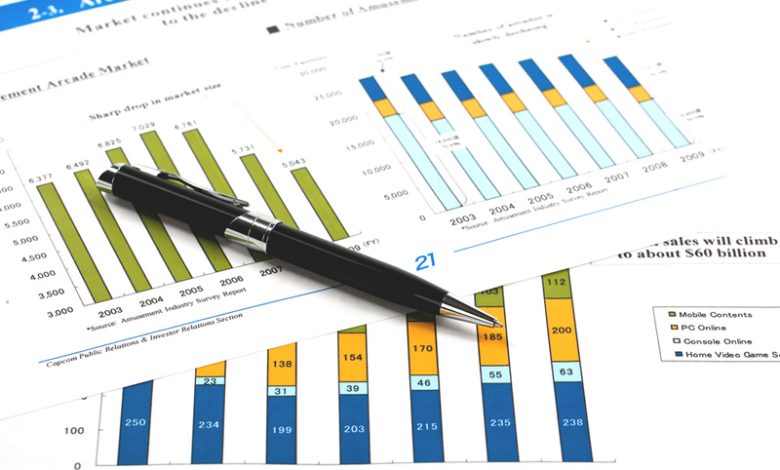
Thai Finance Minister Discusses Liquidity and Debt Challenges with Central Bank Chief – Reuters
By Kitiphong Thaichareon and Chayut Setboonsarng
BANGKOK – Thailand’s finance minister revealed that he met with the governor of the central bank on Thursday to address the growing concerns over high household debt and the necessity for increased liquidity. During the discussion, he reiterated his call for a reduction in interest rates to invigorate the sluggish economy.
Pichai Chunhavajira emphasized that lowering interest rates would enhance liquidity and allow creditworthy individuals to access new loans, facilitating their recovery. This statement followed a nearly two-hour meeting with Bank of Thailand governor Sethaput Suthiwartnarueput.
“We want to see more liquidity, and the central bank agrees,” he stated, noting that financial institutions in Thailand are currently risk-averse.
The Bank of Thailand has maintained its key interest rate at a decade-high of 2.50% for five consecutive meetings, resisting government calls for a decrease.
Pichai mentioned that monetary easing could improve access to credit but did not disclose any specific comments made by the central bank governor regarding interest rates during their discussion.
The central bank opted not to comment on the meeting, as it is preparing for its next monetary policy review scheduled for October 16.
Thailand’s economy, which is the second-largest in Southeast Asia, is experiencing a slow recovery from the pandemic. It is lagging behind its regional counterparts, hindered by a weakening manufacturing sector and persistently high household debt levels. The household debt-to-GDP ratio stands at 89.6% at the end of the second quarter, amounting to approximately 16.3 trillion baht, making it one of the highest in Asia.
Pichai noted that the finance ministry and the central bank will reconvene this month to further discuss the inflation rate target. Thailand’s inflation target range of 1% to 3% is reviewed annually in collaboration with both the central bank and the finance ministry before it is approved by the cabinet at the year’s end.
This planned meeting follows continued government pressure for interest rate cuts to align with fiscal strategies aimed at stimulating economic growth. Pichai expressed optimism that an agreement on the inflation target would be reached this month, forecasting that inflation for 2024 would remain below 1%.
The two officials also touched upon global events that have led to an influx of capital, contributing to the recent appreciation of the baht.
Pichai added that fourth-quarter exports are expected to perform well despite the strong currency. Thai exports, a crucial driver of the economy, are projected to grow by 2% this year, although the strengthening baht poses a significant challenge for businesses moving forward.
 GOOGL
GOOGL  META
META 


